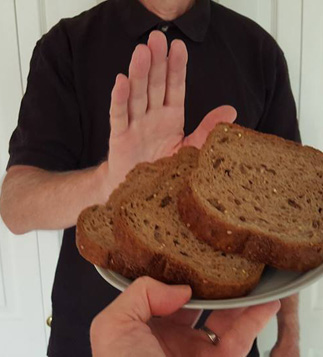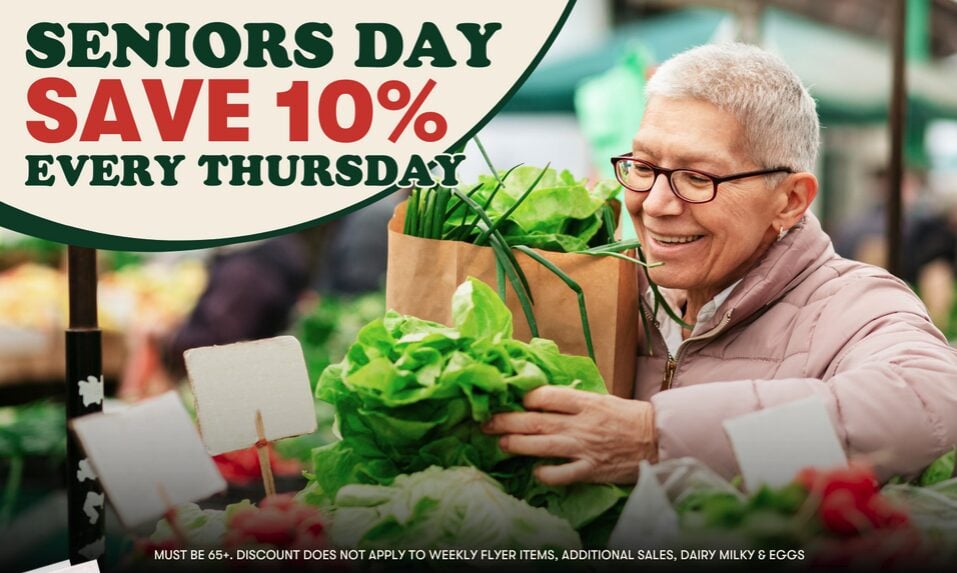You Want to Say YES, but You Need to Say NO
As celiacs, many of our social and emotional issues arise from wanting to say YES, but needing to say NO. We need to learn how to feel comfortable saying NO. Psychologists call this “Drawing Boundaries.” There are lots of long and complicated books about it.

Sherry Scheideman, Celiac, M.A., Registered Clinical Counsellor
- Celiac Counsellor’s Corner* is a place where Sherry Scheideman, M.A., Registered Clinical Counsellor, responds to your questions about the emotional and social issues that celiacs face. Diagnosed with celiac disease herself in 2001 in Victoria, BC, Sherry draws upon personal experiences and a Master’s Degree in Counseling to support you in transcending this ‘life transition’ and turning it into an opportunity to live your best life – ever.
If you have a comment or question for Sherry, click here.
There is one simple system for drawing boundaries, and it’s the best boundary system I’ve ever found. It’s called “The Work”, and it was developed by an American woman named Byron Katie.
According to The Work of Byron Katie, there are three kinds of business:
1) my business
2) other people’s business
3) Reality’s business.
When you look at it this way, it is clear where you need to draw your boundaries — around your own business.
Your job is to stay in your own business. That’s where your happiness and your power is. That’s where you’re living with integrity.
When you’re upset, it might be because you’re in somebody else’s business, where you have no power, and no right to be. When you’re over there in somebody else’s business, who is at home minding yours? Nobody. How lonely and isolating is that? Coming home to your own business can help you feel better.
The following exercise can help you notice the three kinds of business.
 When you’re thinking the following thoughts, whose business are you in? (Choose from Mine, Others’, or Reality’s.)
When you’re thinking the following thoughts, whose business are you in? (Choose from Mine, Others’, or Reality’s.)
- “My friend’s feelings will be hurt if I don’t eat the cake he made.”
Answer: You’re in your friend’s business, taking responsibility for his feelings. Trust and respect him to take care of his own feelings – it is his job. Come back to your own business, which is being in touch with your own feelings and saying No to protect your health.
- “My co-workers will think I’m a pain in the butt if I ask to have the staff celebration at a place where I can eat.”
Answer: You’re in your co-workers’ business, trying to ensure that they like you. Whose business is it whom they like? It’s theirs. Come back to your own business, which is liking yourself and advocating for yourself so you can enjoy the company party. It’s also your business to like your co-workers as they deal with this tricky situation.
- “My companions will get frustrated with me if I can’t quickly and easily find something to eat.”
Answer: You’re in your companions’ business, trying to ensure that they like you. Whose business is it if they associate frustration with you? It’s theirs. Come back to your own business, which is to like yourself, and take the time you need to find something safe to eat. It’s also your business to like your companions as they deal with this tricky situation.
 “I shouldn’t have this stupid celiac disease.”
“I shouldn’t have this stupid celiac disease.”
Answer: You’re in Reality’s business, thinking that you know how things should be. This is like the shadow complaining that the sun is moving in the wrong direction! It’s hopeless. The shadow can kick and scream as it follows the sun, or it can follow the sun with dignity and grace, but either way, the shadow will follow the sun. Come back into your own business. Accept the reality that you have this disease, and choose to live with it with dignity and grace.
- “If I didn’t have this disease, my parents would be happier.”
Answer: You’re in your parents’ business, taking responsibility for their happiness. Their happiness is their job, not yours! Come back to your own business, which is cultivating your own happiness while you live with the reality of this disease. (Who knows — your happy actions may accidentally spread happiness to your parents as well!) It’s also your business to be happy about your parents, regardless of their happiness level.
- “My in-laws should make their kitchen safe for me when I’m visiting.”
Answer: You’re in your in-laws’ business, trying to get them to change. Come back to your own business, and do for yourself what you wish they would do: provide yourself with a safe kitchen. Maybe it’s in a motel with a kitchenette, maybe it’s in a rented RV outside their house, maybe it’s in your own home while you talk to them on the phone.
 “The server is getting irritated with me for asking so many questions.”
“The server is getting irritated with me for asking so many questions.”
Answer: You’re in the server’s business, taking responsibility for the server’s feelings and wanting the server to like you. Let the server do their own work! Your job is to know your own feelings and like yourself so you can take care of your food safety. It’s also your job to like the server as they deal with this tricky scenario.
- “I am getting irritated as I watch my co-workers eat pizza.”
Answer: You’re in your own business, noticing how you feel and why you feel that way. You can now ask yourself, “What do I want from the pizza and from my co-workers?” If you want comfort and enjoyment from the pizza, give it to yourself by loving yourself and noticing the beauty of life as it is. If you want the pizza to give you hunger relief, find something else you can eat. If you want your co-workers to include you, open your eyes to the non-pizza ways that they do include you. Notice that being included is important to you, and look for more ways to include yourself in your own experience, and to include your co-workers. The power is yours, in your own business.
Sherry
- Contact Sherry
- View previous Celiac Counsellor Corners enter ‘Sherry‘ into the search field at the top right of this page

“Life happens! Why not love it?”
“Being diagnosed with celiac disease and going gluten-free has challenged me to develop inner resources that I never knew I had, and I’m grateful for that. As a counsellor, I love to help other celiacs find their own gifts within the challenges of the disease, and to facilitate healing. Why not let your celiac disease motivate you to be your best self?”
- About Sherry Scheideman
- What happens in a session?
- Not in Victoria? No Problem. Sherry does Skype
- Be inspired – Sherry’s Blog
- Sherry Scheideman on Facebook
- Contact Sherry
-
- *Information and perspectives provided in Celiac Counsellor’s Corner are intended to provide general information, without independent verification on the part of The Celiac Scene for the accuracy of the information provided to it. The information is specifically not intended to be a substitute for medical diagnosis or treatment by your physician or other health care professional. You should always consult your own physician or other health care professionals about any medical questions, diagnosis, or treatment, especially before trying any diet. The Celiac Counsellor’s Corner does not accept any liability for any injury, loss or damage incurred by use of or reliance on any content contained herein.













